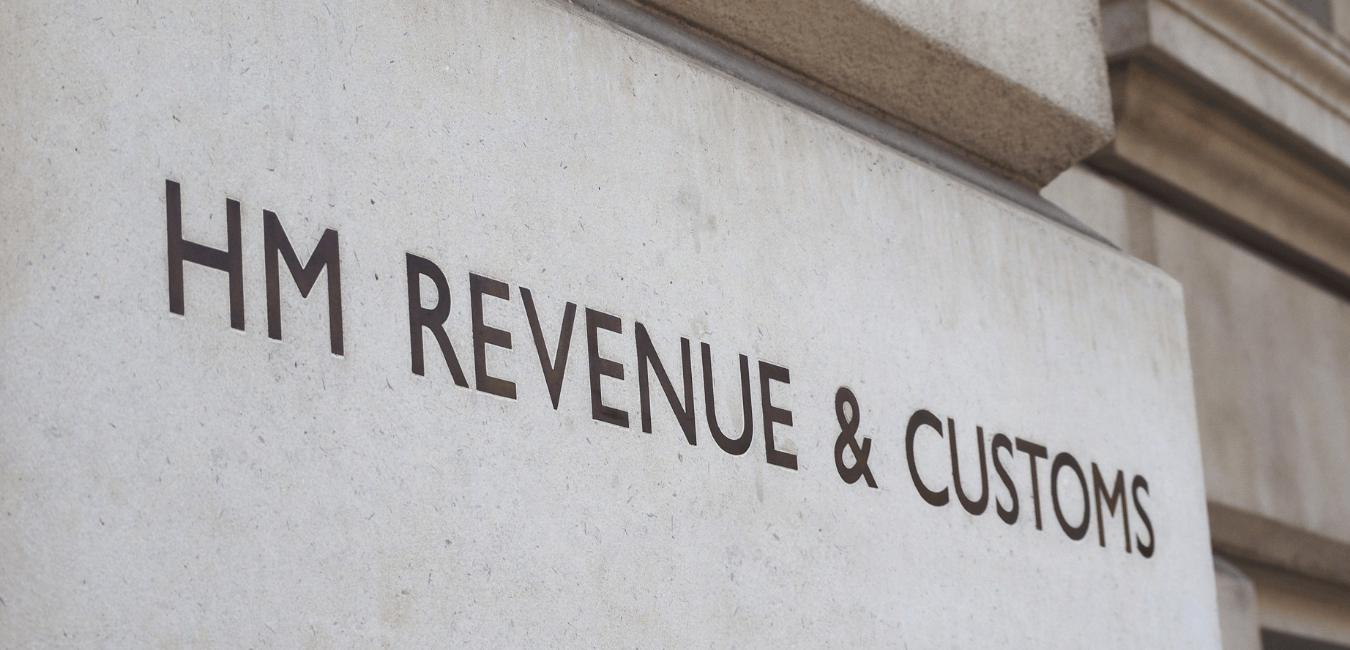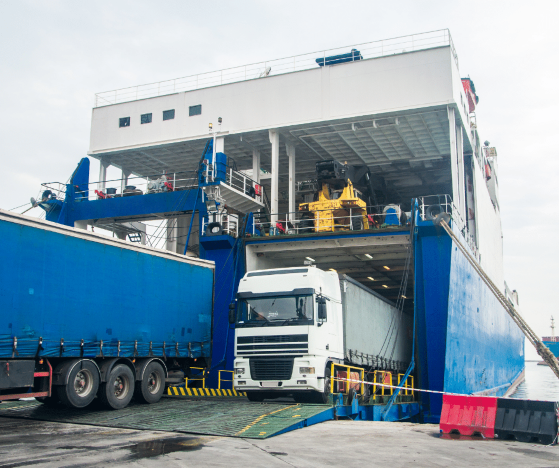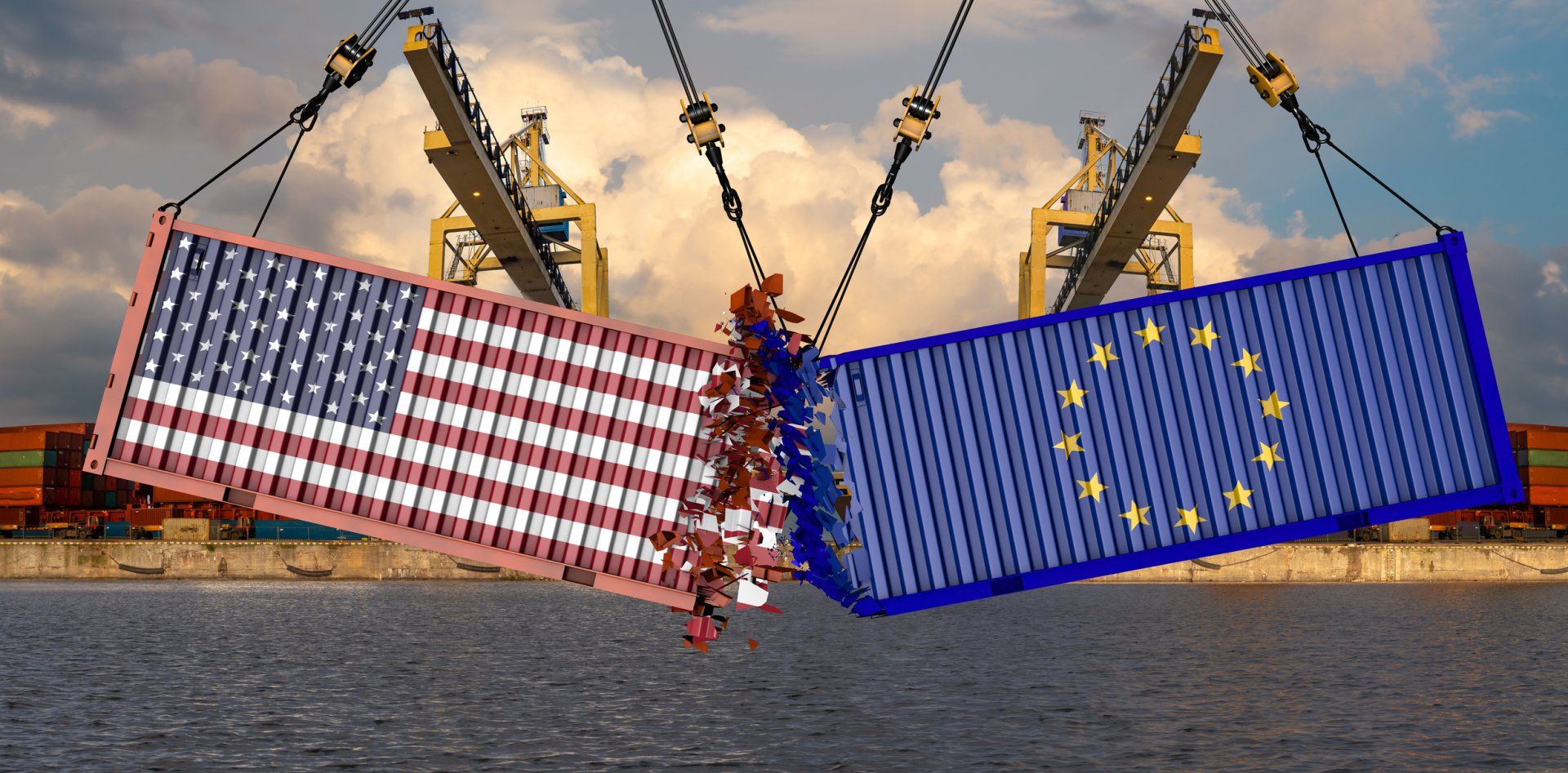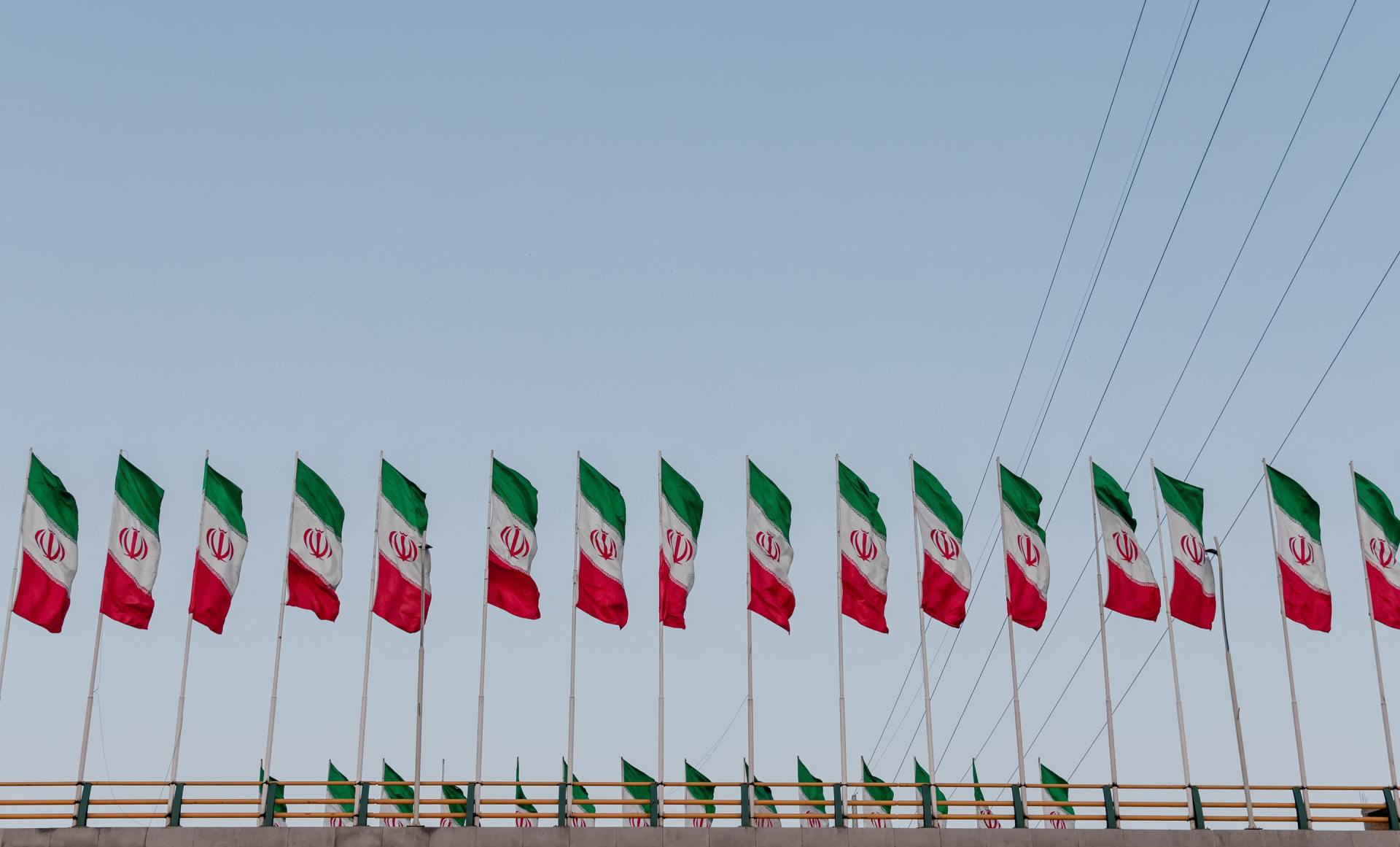Doing business with the USA can be difficult.
Doing business with the USA can be difficult.
How I Can Help
Importing into the USA
U.S. Customs and Border Protection have the right to stop and examine any shipment being imported into the United States. As the importer, you must make the shipment available for inspection at your expense, so it is important to ensure you are compliant with all relevant import requirements.
Documents:
- Power of Attorney
- Importer of Record
- Import Manual
- Entry Documents
- 3461 Customs Release
- 7501 Customs Entry Summary
- Commercial Invoice
- Pro Forma
- Packing Lists
- Preference Documents
- Correct Valuation
- NAFTA
- Entry bond
- Non-Resident Importer
- United States Department of Agriculture (USDA) Import Permit
- U.S. Security Declaration
- Continuous Customs Bond
- FDA Request for Authorization to Relabel or Perform Other Acts
- FDA import-for-export (IFE)
- Form FDA 0356h - Application to Market a New or Abbreviated New Drug or Biologic
United States law requires that all documents submitted to U.S. Customs be complete and accurate in all respects. Therefore, correct documentation is vital when importing into the USA. Inappropriate or overlooked documentation can lead to shipping delays, increased costs, business risks and cancelled international commercial activities. Whether you are importing or exporting, I can help your business understand what documentation is required. Even if you use a freight forwarder, your company is still held liable as the importer or exporter of the goods, for late or incorrect documentation by customs authorities. I can help explain the necessary documentation your company should be using for international contracts, customs, shipping and payments.
Documents:
- Commercial Invoice
- Pro Forma Invoice
- Pre-Packing List
- Packing Lists
- Country of Origin Certificate
- Preference Certificate
- Export License
- Bill of Lading
- Air waybill
- ISF (10+2) Filing
- Cargo Inspection Certificate
- Inspection Certificate
- Test Report
- Certificate of Compliance
- Marine Insurance Certificate
The majority of goods being imported into the USA are subject to duty rates. You will be responsible for paying these fees to U.S. Customs and Border Protection. The duty rate is established from the product description and classification provided by yourself, as the importer of record. I can assist you with classifying your goods correctly, as it can be very complex and require detailed research. Having your products correctly classified can limit your exposure to penalties, increased duty fees, and delays.
Harbor Maintenance Fees (HMF) are applicable on all sea freight shipments. The HMF is set at 0.125% of the value of the goods. These payments are deposited into the Harbor Maintenance Trust Fund, from which the U.S. government appropriate amounts to pay for harbor maintenance and development projects.
Merchandise Processing Fees (MPF) apply to all air and sea shipments and are based on the value of the goods. This fee is 0.3464% with a minimum of US$25.67 and a maximum of US$497.99. The fee is collected by US Customs and Border Protection (CBP) on almost all imports.
To import goods valued above $2,500, the U.S. Importer of Record must have a Tax ID (or EIN). This is assigned by the IRS to US citizens, companies and Foreign Importers of Record. The Tax ID must be provided during customs clearance into the USA and appears on the Customs Entry.
The USA permits a non-resident corporation to act as an importer of record for shipments of merchandise from that company to the United States. Most foreign importers will utilise the services of a licensed customs broker to prepare and file the entry entries by providing them with a power of attorney. It is a requirement that a non-resident company must obtain an import bond. This bond guarantees that import duties and other fees will be paid to the US Government if the non-resident corporation defaults on payments. I can assist you in obtaining either a single entry bond covering one import transaction or a term bond covering multiple importations over a given period of time.
I can help you ensure that your products are correctly marked for the U.S. market, as this can be a complicated procedure.
Labelling Requirements
Importers must ensure that their products are compliant with all mandatory U.S. labelling requirements.
Country of Origin
A Country of Origin label is mandatory for almost all imported products from China, but not for products from major markets, such as the European Union.
Importer Security Filing (ISF) '10+2'
In 2009, the USA introduced a new rule titled Importer Security Filing and Additional Carrier Requirements (commonly known as "10+2"). This rule only applies to sea freight cargo arriving into the United States. Failure to comply could, ultimately, result in monetary penalties, increased inspections and delay of cargo. I can assist you to develop an operational process which is fully compliant with ISF / 10+2.
Documents:
- Freight Forwarders
- Airfreight
- Sea Freight
- Sea-Air Freight
- Container Booking
- Container Security
- SOLAS (Safety of Life at Sea)
- Trucking
- Rail
- Cargo Insurance
Vendor Management
- Denied Party Screening
- U.S. Sanctions
- Incoterms 2010
- Vendor Manual
- Vendor Terms and Conditions
- Purchase Order Management
- Production Management
- Product Composition
- Product Specification
- Commodity Classification
- QA / QC Services
- Product Labeling
- Country of Origin Marking
- Product Packaging
- Shipping Packaging
- Samples
U.S. Delivery
- Import Warehousing
- Deconsolidation
- Intermodal
- Rail
- Trucking
- Backhauls
- Freight Optimisation
- Cross-dock/Pooling
- Delivery Scheduling
Bonded Warehousing
- Bonded Warehousing
- Free Trade Zone Warehouse
Import Compliance
- C-TPAT
- Trusted Trader
- Importer Self-Assessment (ISA)
Importing into the USA
U.S. Customs and Border Protection have the right to stop and examine any shipment being imported into the United States. As the importer, you must make the shipment available for inspection at your expense, so it is important to ensure you are compliant with all relevant import requirements.
Documents:
- Power of Attorney
- Importer of Record
- Import Manual
- Entry Documents
- 3461 Customs Release
- 7501 Customs Entry Summary
- Commercial Invoice
- Pro Forma
- Packing Lists
- Preference Documents
- Correct Valuation
- NAFTA
- Entry bond
- Non-Resident Importer
- United States Department of Agriculture (USDA) Import Permit
- U.S. Security Declaration
- Continuous Customs Bond
- FDA Request for Authorization to Relabel or Perform Other Acts
- FDA import-for-export (IFE)
- Form FDA 0356h - Application to Market a New or Abbreviated New Drug or Biologic
United States law requires that all documents submitted to U.S. Customs be complete and accurate in all respects. Therefore, correct documentation is vital when importing into the USA. Inappropriate or overlooked documentation can lead to shipping delays, increased costs, business risks and cancelled international commercial activities. Whether you are importing or exporting, we can help your business understand what documentation is required. Even if you use a freight forwarder, your company is still held liable as the importer or exporter of the goods, for late or incorrect documentation by customs authorities. We can help explain the necessary documentation your company should be using for international contracts, customs, shipping and payments.
Documents:
- Commercial Invoice
- Pro Forma Invoice
- Pre-Packing List
- Packing Lists
- Country of Origin Certificate
- Preference Certificate
- Export License
- Bill of Lading
- Air waybill
- ISF (10+2) Filing
- Cargo Inspection Certificate
- Inspection Certificate
- Test Report
- Certificate of Compliance
- Marine Insurance Certificate
The majority of goods being imported into the USA are subject to duty rates. You will be responsible for paying these fees to U.S. Customs and Border Protection. The duty rate is established from the product description and classification provided by yourself, as the importer of record. We can assist you with classifying your goods correctly, as it can be very complex and require detailed research. Having your products correctly classified can limit your exposure to penalties, increased duty fees, and delays.
Harbor Maintenance Fees (HMF) are applicable on all sea freight shipments. The HMF is set at 0.125% of the value of the goods. These payments are deposited into the Harbor Maintenance Trust Fund, from which the U.S. government appropriate amounts to pay for harbor maintenance and development projects.
Merchandise Processing Fees (MPF) apply to all air and sea shipments and are based on the value of the goods. This fee is 0.3464% with a minimum of US$25.67 and a maximum of US$497.99. The fee is collected by US Customs and Border Protection (CBP) on almost all imports.
To import goods valued above $2,500, the U.S. Importer of Record must have a Tax ID (or EIN). This is assigned by the IRS to US citizens, companies and Foreign Importers of Record. The Tax ID must be provided during customs clearance into the USA and appears on the Customs Entry.
The USA permits a non-resident corporation to act as an importer of record for shipments of merchandise from that company to the United States. Most foreign importers will utilise the services of a licensed customs broker to prepare and file the entry entries by providing them with a power of attorney. It is a requirement that a non-resident company must obtain an import bond. This bond guarantees that import duties and other fees will be paid to the US Government if the non-resident corporation defaults on payments. We can assist you in obtaining either a single entry bond covering one import transaction or a term bond covering multiple importations over a given period of time.
We can help you ensure that your products are correctly marked for the U.S. market, as this can be a complicated procedure.
Labelling Requirements
Importers must ensure that their products are compliant with all mandatory U.S. labelling requirements.
Country of Origin
A Country of Origin label is mandatory for almost all imported products from China, but not for products from major markets, such as the European Union.
Importer Security Filing (ISF) '10+2'
In 2009, the USA introduced a new rule titled Importer Security Filing and Additional Carrier Requirements (commonly known as "10+2"). This rule only applies to sea freight cargo arriving into the United States. Failure to comply could, ultimately, result in monetary penalties, increased inspections and delay of cargo. We can assist you to develop an operational process which is fully compliant with ISF / 10+2.
Documents:
- Freight Forwarders
- Airfreight
- Sea Freight
- Sea-Air Freight
- Container Booking
- Container Security
- SOLAS (Safety of Life at Sea)
- Trucking
- Rail
- Cargo Insurance
Vendor Management
- Denied Party Screening
- U.S. Sanctions
- Incoterms 2010
- Vendor Manual
- Vendor Terms and Conditions
- Purchase Order Management
- Production Management
- Product Composition
- Product Specification
- Commodity Classification
- QA / QC Services
- Product Labeling
- Country of Origin Marking
- Product Packaging
- Shipping Packaging
- Samples
U.S. Delivery
- Import Warehousing
- Deconsolidation
- Intermodal
- Rail
- Trucking
- Backhauls
- Freight Optimisation
- Cross-dock/Pooling
- Delivery Scheduling
Bonded Warehousing
- Bonded Warehousing
- Free Trade Zone Warehouse
Import Compliance
- C-TPAT
- Trusted Trader
- Importer Self-Assessment (ISA)
Exporting out of the USA
You will need to classify your products with a Schedule B number for export to another country. A Schedule B number is a 10-digit number and is based on the international Harmonized System (HS) of 6-digit commodity codes. The U.S. Census Bureau used this to track the amount of trade goods being exported from the U.S.
The US government maintains and aggressively enforces laws and regulations that prohibit export activities involving certain technologies, entities, persons or countries. As a company does not need to be located in the USA to be subject to US export controls, I can help you understand these requirements and ensure you have a detailed knowledge of what is required of you.
Export Control Classification Number (ECCN) / Export License
The Commerce Control List (CCL) states commodities, technology or software subject to the licensing authority of the Bureau of Industry and Security (BIS). On the CCL, individual items are identified by an Export Control Classification Number (ECCN). To understand your export licensing requirements, you must first classify your item against the CCL.
ITAR and EAR compliance
The International Traffic in Arms Regulations (ITAR) and the Export Administration Regulations (EAR) are two export control laws that seek to control access to specific types of technology and the associated data. The aim is to ensure that sensitive information or controlled technologies are not provided to foreign nationals. To be ITAR or EAR compliant as an exporter of articles or services that appear on the USML or CCL lists you must register with the U.S. State Department’s Directorate of Defense Trade Controls (DDTC).
Re-Export
Non-US companies must obtain prior approval from the US Government for any re-exports of U.S. products under either the ITAR or EAR control.
Documents:
- Exporter of Record
- U.S. Principle Party In Interest (USPPI)
- Foreign Principal Party in Interest (FPPI)
- U.S. Reexport Controls
- Dual-Use Items
- Schedule B Numbers
- EAR / EAR99
- ECCN
- AES
- EEI
- Deemed Exports
- License Application
- Export Clearance
- Recordkeeping
- Risk Assessment
- Enforcement
U.S. Sanctions are overseen and enforced by two government agencies:
Office of Foreign Asset Control (OFAC), which is a division of the Department of the Treasury and enforces economic and trade sanctions.
Bureau of Industry and Security (BIS), which is a division of the Department of Commerce and oversees export controls of commercial products, dual-use items, software, and technology through the Export Administration Regulations (EAR).
- Denied Party Screening
- U.S. Export Sanctions
- Incoterms 2010
- Export Manual
- Sales Order Management
- Commodity Classification
- Product Labeling
- Country of Origin Marking
- Product Packaging
- Shipping Packaging
- Commercial Invoice
- Pro Forma Invoice
- Packing Lists
- NAFTA Certificates
- Country of Origin Certificate
- Export License
- Bill of Lading
- Air Waybill
- Duty Drawback
Resources
Blog
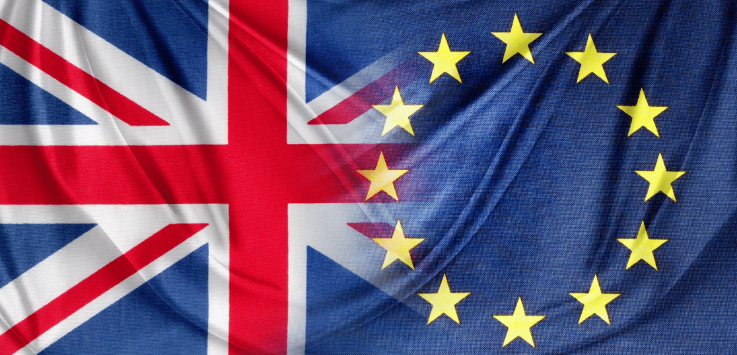
U.S. Blog
Get in touch
Contact Us
We will get back to you as soon as possible.
Please try again later.


